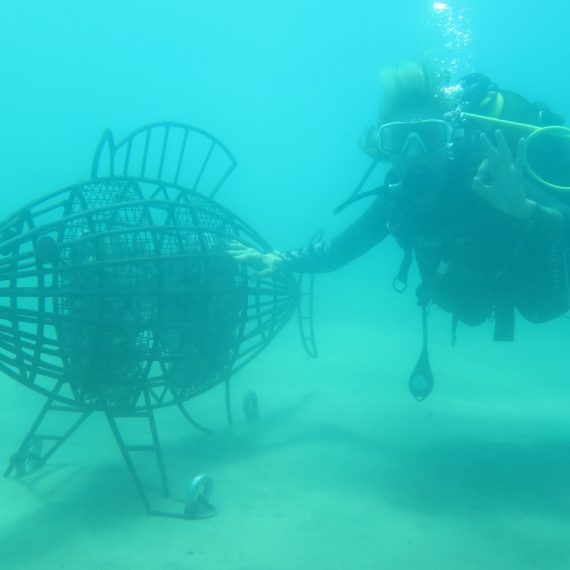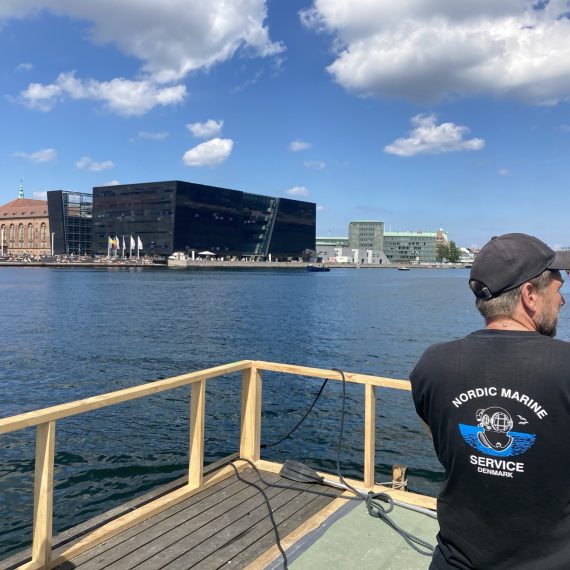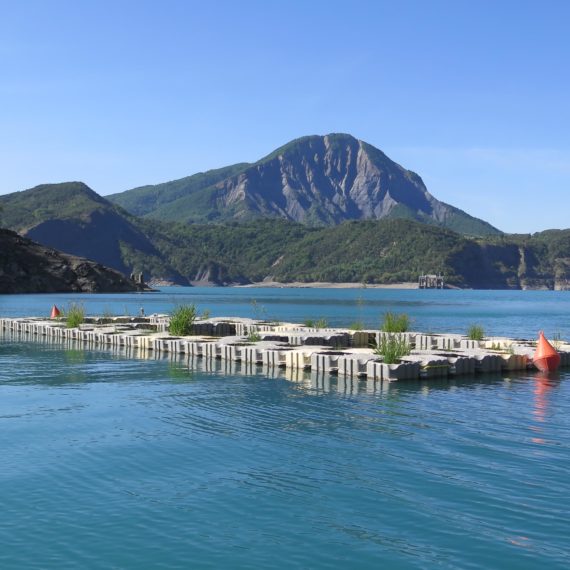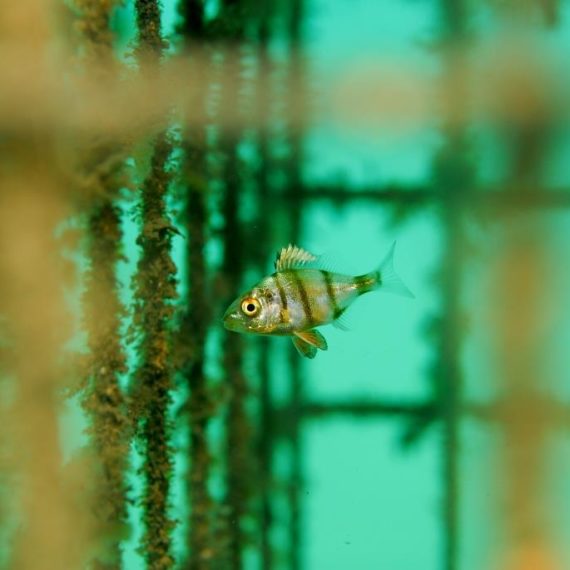CASCIOMAR
CARE Pêche PCC © Remy Dubas ECOCEAN
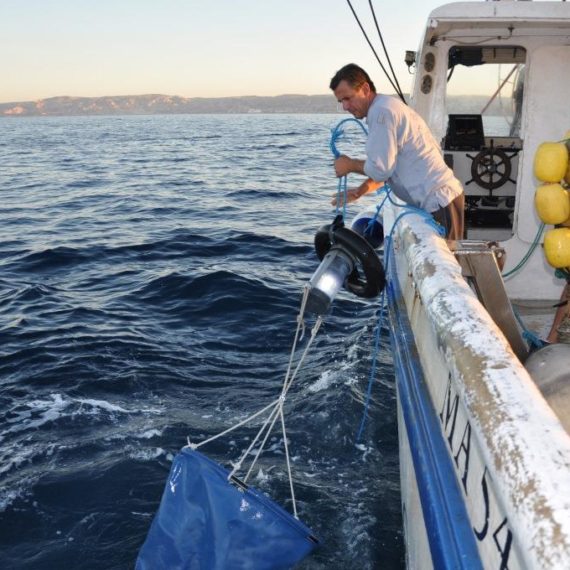
CARE Pêche PCC © Remy Dubas ECOCEAN
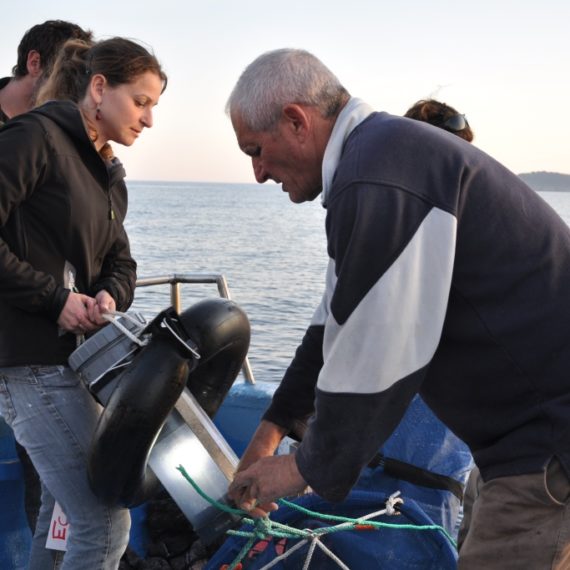
CARE Pêche PCC © Remy Dubas ECOCEAN
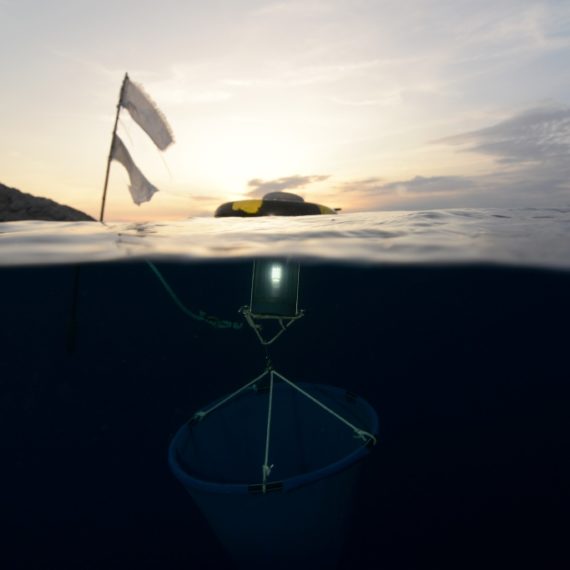
Ferme CASCIOMAR © Remy Dubas
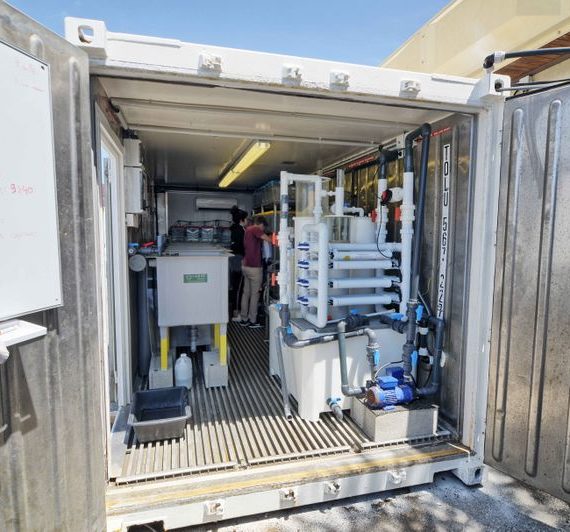
Spicara smaris en aquarium © Alizee Frezel ECOCEAN
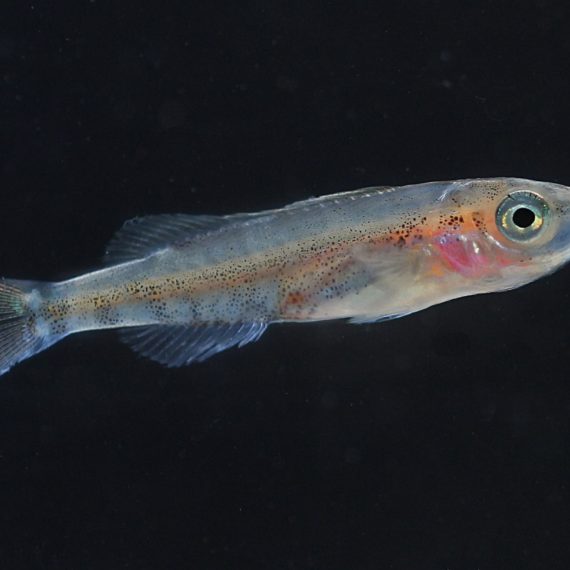
Scorpanidae sp en aquarium © Alizee Frezel ECOCEAN
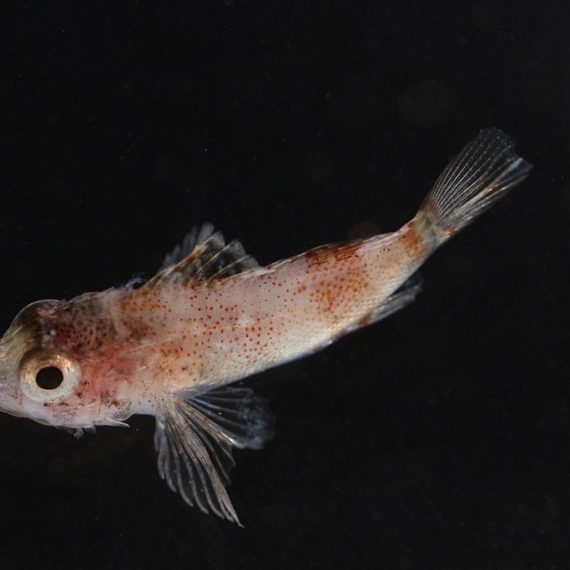
Repeuplement La Ciotat
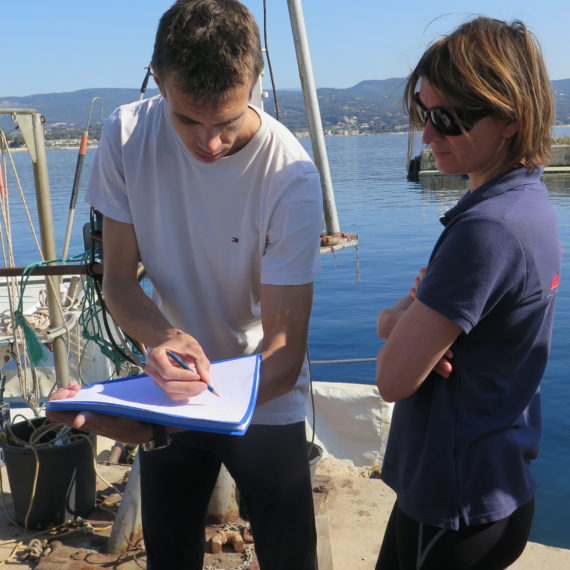
Repeuplement La Ciotat
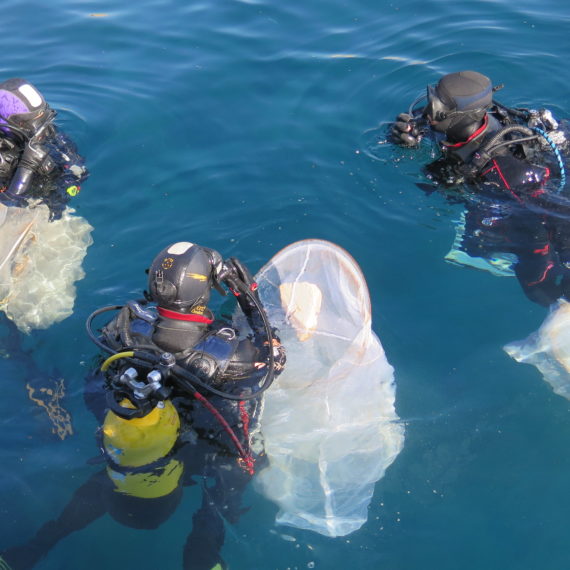
Repeuplement BIORESTORE © Remy Dubas ECOCEAN
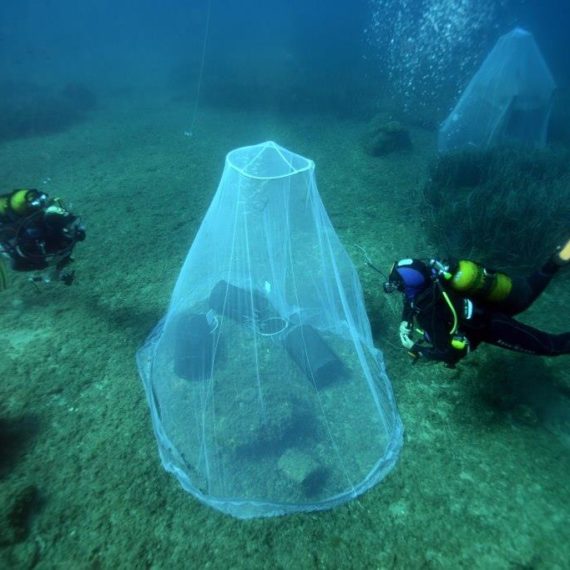
Repeuplement BIORESTORE © Remy Dubas ECOCEAN
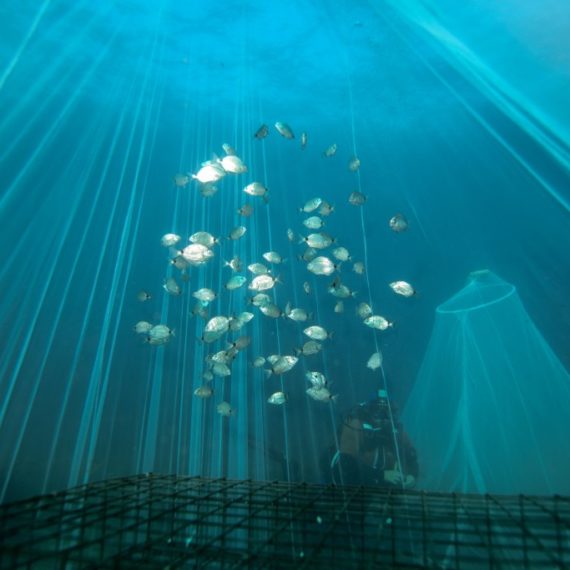
Repeuplement BIORESTORE © Remy Dubas ECOCEAN
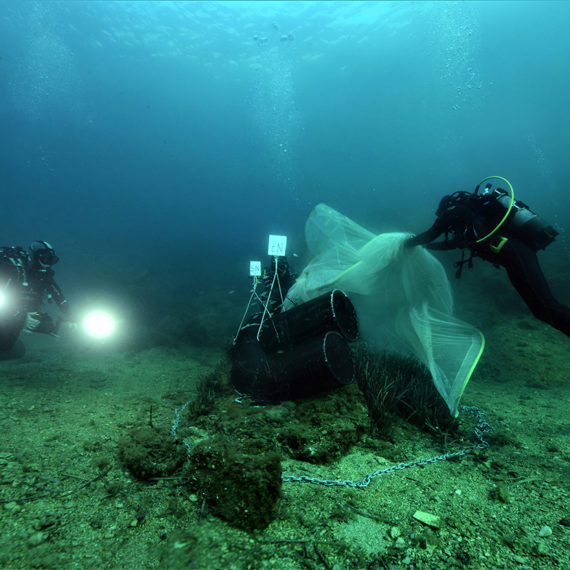
Repeuplement BIORESTORE © Remy Dubas ECOCEAN
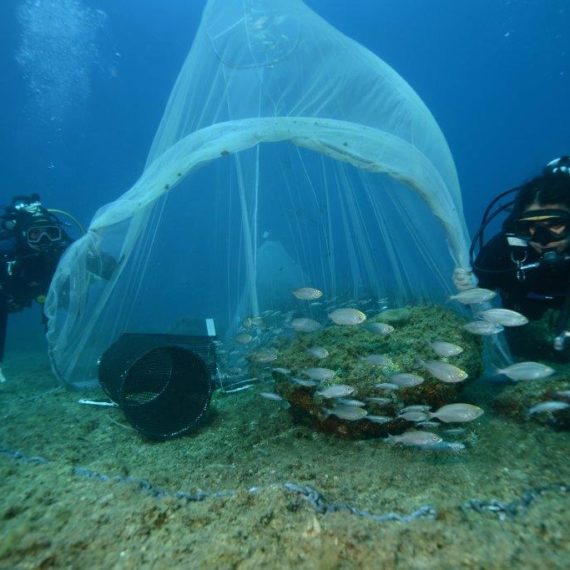
Context
A first call for proposals on ecological restoration in the Mediterranean marine environment was launched in 2010 at the initiative of the Pôle Mer and Water Agency RMC. In this framework, Ecocean conducted a prototyping phase of the BioRestore® process between 2012 and 2013 in Marseille, and in 2014 the realization of a “model 1” of a fish restocking solution in Marseille harbor (GIREL_3R project – Restoration, Restocking and Refuge). Moreover, Ecocean participated in other restocking experiments following the BioRestore® principle: in Agde (2010/2011), in the Brusc lagoon (2014/2015 – LANDEAU project), in Corsica and in Barcarès (2013/2014 -LIFE + Sublimo) and Guadeloupe (2014-2015). The promising results obtained in these projects lead to the establishment of an innovative and sustainable operation of fish restocking at the scale of Marseille metropolis, based on the BioRestore® process. This process is the subject of a French patent on the phases of post-larvae capture and rearing.
Objectives
This process – based on the capture of fish post-larvae, their breeding up to the juvenile stage and their re-implantation in the natural environment – enables a boost in the resilience of the ecosystem around the repopulated habitats and supports the presence of species of high halieutics and heritage value.
This project will contribute to the challenge No. 2 of the Bay Contract of Marseille metropolis “Preserving the environmental quality of coastal environments” in line with the objective of “preserving the ecological wealth of the Mediterranean” to “contribute to the fight against the global phenomenon of species extinction” and ” improve knowledge of marine environments “.
Content of the project
The project, conducted on three location (Marseille, Cassis, La Ciotat), consists of three phases renewable every year based on the biological lifecycle of the targeted species:
– A phase of post-larvae capture (3 sites: La Ciotat, Cassis and Marseille) with specific light nets (CARE). These samples are collected by local small-scale fishermen trained in the technique.
– Followed by a breeding phase of the collected individuals in a specifically designed farm (installed in the South watchtower of Marseille harbor). This phase relies on specific breeding procedures of non-domestication.
– Finally a restocking phase at sea near the three fishing sites on emancipation habitats® (micro-habitats) suitable for the released juveniles and temporarily imersed in the Bay Contract territory.
Expected outcomes
– Improved knowledge on the Mediterranean post-larvae
– Positive contribution on the adult fish stocks.

